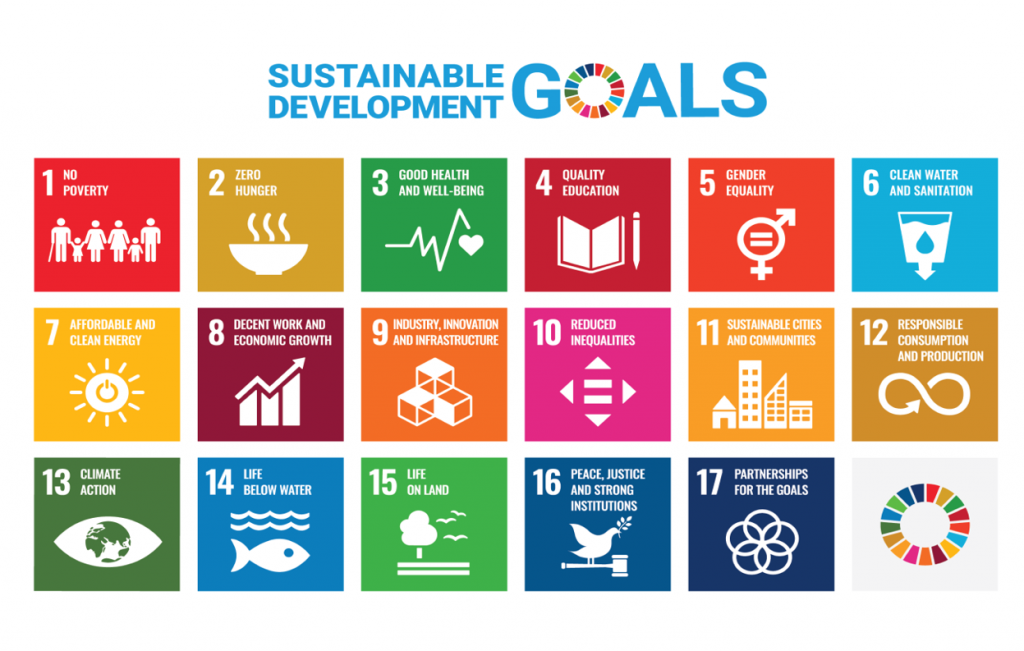Sustainable Bank Management
A well-functioning financial system is essential to achieve a sustainable and inclusive economic development.
Empowering the financial sector
The existence of an efficient and credible financial market contributes to increased savings that can channel into productive investments, thereby improving the efficiency of the existing capital resources. An efficient capital stock generates more production and thus higher incomes. In short, a well-functioning financial market has potential to promote higher standards of living for the population. Hence, the development of financial markets and institutions is key to achieving economic progress in developing countries.
The Sustainable Bank Management Programme provides capacity development for professionals within the financial sector. The programme promotes sustainable and inclusive economic development in countries with potential to increase the level of international economic integration, access to banking, insurance and financial services. The programme is implemented in Cuba since 2017.
Approach
In order to strengthen the financial sector and its capacity to contribute to an integrated and effective financial system, professionals are offered a six-week full-time training. The course curriculum includes an overview of areas that are essential for the overall understanding of international trade and banking and the strategic development of banks, such as macroeconomics, monetary policy, marketing management, strategic analysis and leadership as well as human resource management.
Several educational modules cover subjects such as risk management, international trade, international banking and related systems, credit processes including creditworthiness analysis and credit risk management.
Theoretical classes are illustrated by practical reference cases adapted to local context, exercises, group discussions and workshops. In addition to the theoretical training, comprehensive case studies are developed by the participants. So far, these case studies have resulted in the launch of new lending products and various new processes and strategies, strengthened routines and financial market propositions. The programme is funded by Swedish International Development Cooperation Agency (Sida).
Additional information
For more information, please contact Programme Director Maria Rindeskär, telephone number +46 8 783 82 93.


